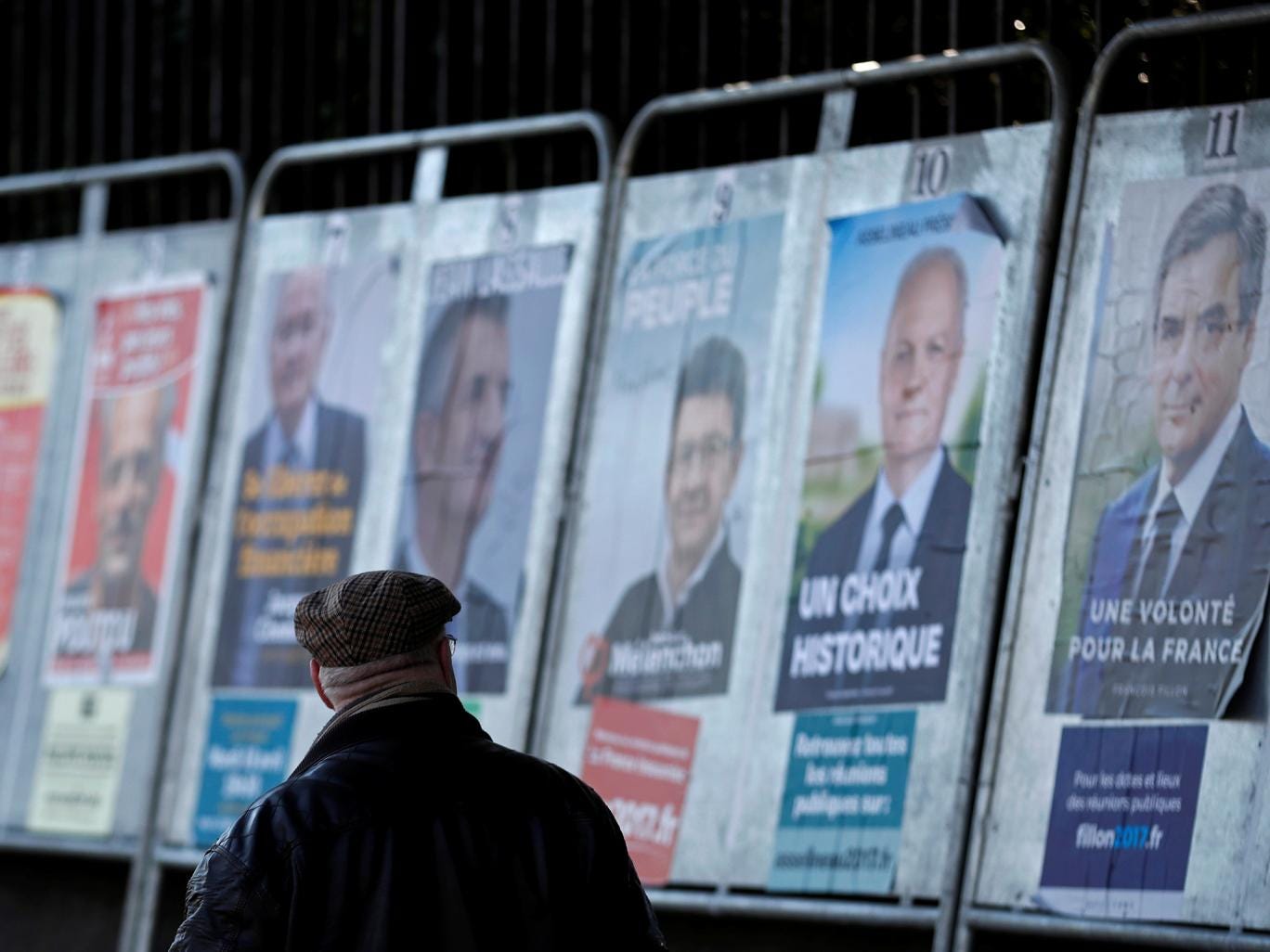"Social Media Ad Spending Is Expected to Pass Newspapers by 2020"
The article addresses how the amount of money spent on advertising on social media is set to catch up with newspaper ad revenues by 2020, as leading forecaster said. There is discussion about how the rapid expansion of the digital age has lead to a huge change in the way how consumers get their news through more convenience via the world wide web. Consumers are targeting themselves to much easier and "lazier" ways of getting information which just so happens to be from the Internet, leaving no room for newspapers which require money, plus the need to read.
- global advertising expenditure on social media will account for 20% of all internet advertising in 2019, hitting $50 billion and coming in just one percent smaller than newspaper ads
- It expects social media to overtake newspapers comfortably by 2020
- global advertising expenditure will grow 4.4% in 2017, the same rate as in 2016, which it said would be a strong performance given that big events like the Olympic Games, Britain's EU referendum and the U.S. presidential election boosted advertising this year
- Online video advertising is also rapidly growing and set to total $35.4 billion across the world by 2019



